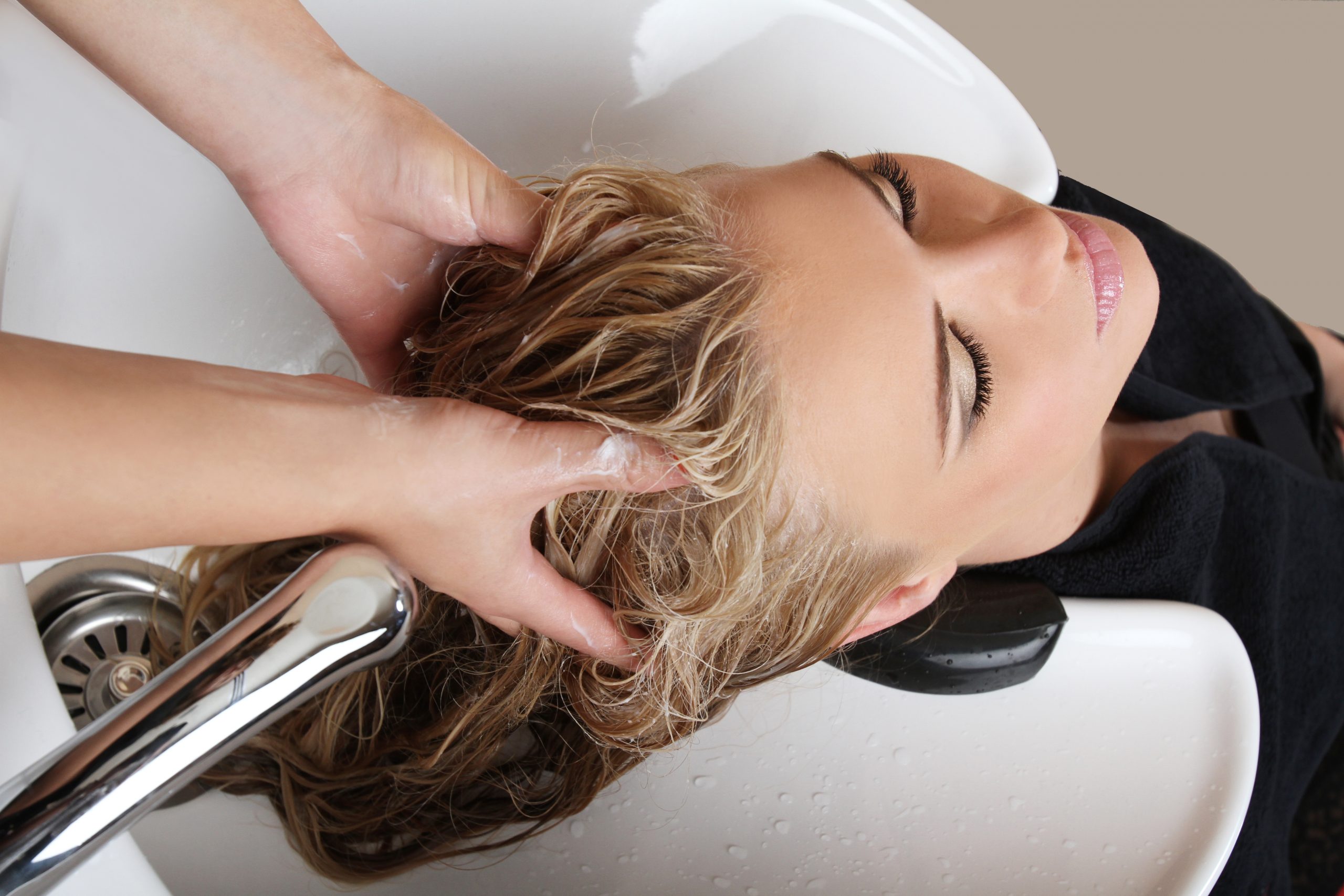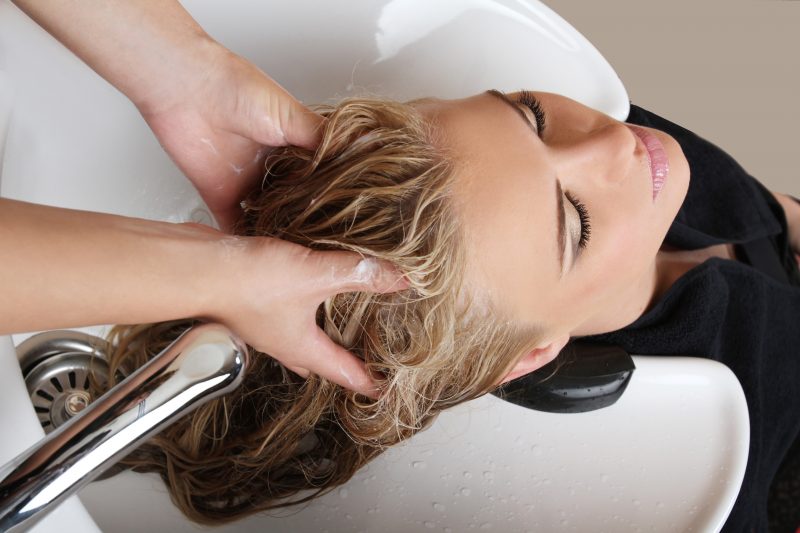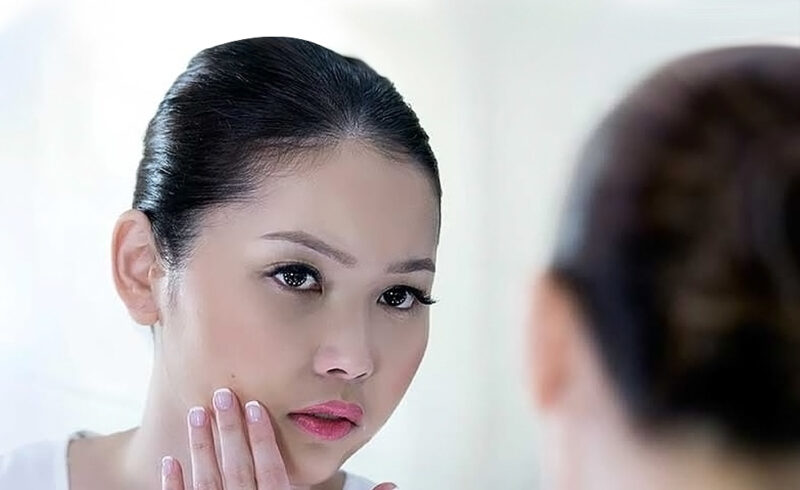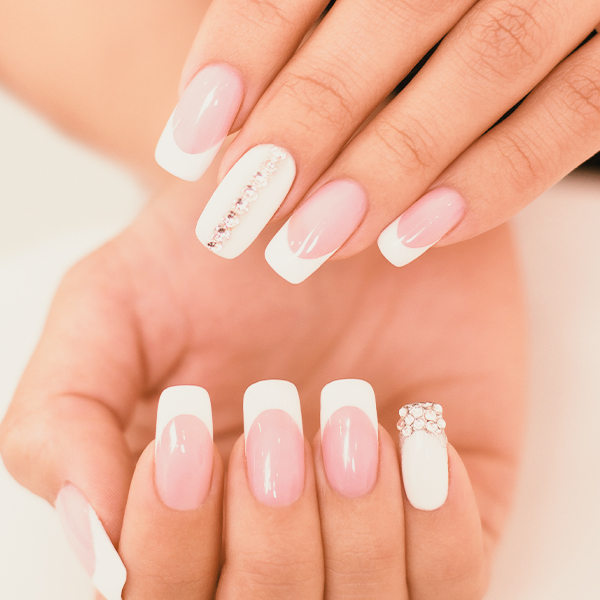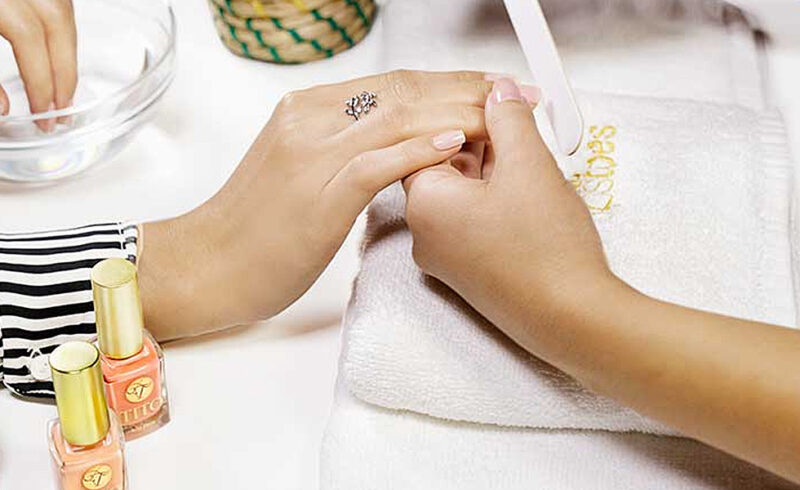Hair loss is a widespread issue that affects millions of people, both men and women, across the world. As individuals seek effective solutions, biotin for hair loss has become one of the most talked-about remedies. Biotin, a key B-vitamin, is often claimed to be the miracle cure for thinning hair, but how effective is it really? Is it truly the solution that people are looking for, or is it another myth fueled by marketing?
In this article, we’ll dive deep into the science behind biotin for hair loss, clarifying its benefits, potential drawbacks, and whether it lives up to the hype.
By the end of this post, you will have a better understanding of biotin’s role in hair health, when it’s effective, and when it may not be the answer to your hair loss concerns.
Whether you’re dealing with thinning hair or simply curious about biotin’s potential, keep reading to separate the facts from the myths.
Let’s begin by understanding what biotin is and why it’s gained popularity as a solution for hair loss.
What is Biotin and Why is it Popular for Hair Loss?
The Role of Biotin in the Body
Biotin, also known as Vitamin B7, is a water-soluble vitamin that plays a critical role in various metabolic processes. It helps the body convert food into energy and is essential for maintaining healthy hair, skin, and nails. Biotin promotes the production of keratin, a key protein in hair structure, which is why many people turn to biotin for hair loss.
While biotin is naturally present in a wide range of foods such as eggs, nuts, and avocados, many individuals still seek biotin supplements to boost hair growth. However, the real question is whether taking biotin for hair loss will provide noticeable results, especially for individuals who do not suffer from a deficiency.
Origins of Biotin’s Popularity for Hair Growth
The rise in biotin’s popularity as a hair loss remedy can largely be attributed to the increasing demand for natural supplements and the influence of beauty experts on social media. Biotin supplements are frequently promoted in the beauty industry as an effective solution for hair thinning and hair loss. However, much of this promotion is based on marketing rather than scientific evidence.
While biotin for hair loss may be beneficial for those who are actually biotin deficient, it is not a one-size-fits-all solution. The misconception that biotin alone can cure various types of hair loss has led to unrealistic expectations among many users.
Separating Fact from Fiction: What Science Says About Biotin
Scientific Studies on Biotin and Hair Loss
Research on biotin for hair loss suggests that biotin can improve hair health in individuals with a deficiency. Studies have shown that biotin deficiency can lead to thinning hair, hair loss, and brittle nails. Supplementing with biotin in such cases has been shown to improve hair strength and reduce hair shedding.
However, the truth is that biotin deficiency is rare in the general population, and the vast majority of people have adequate biotin levels. For individuals with normal biotin levels, taking additional biotin supplements is unlikely to have a significant effect on hair growth. While biotin may help individuals with a deficiency, it is not a cure-all for everyone experiencing hair loss.
Myths About Biotin for Hair Loss
There are many myths surrounding biotin for hair loss. Here are a few common ones:
- Myth 1: Biotin will instantly solve your hair loss problems.
While biotin can help improve hair health in those with a deficiency, it is not a quick fix for all forms of hair loss, particularly genetic or hormone-related hair thinning. - Myth 2: Biotin supplements will make your hair grow much faster.
Biotin does not speed up the rate of hair growth. It may help strengthen hair and prevent breakage, but it doesn’t make hair grow faster. - Myth 3: Taking more biotin means better results.
More biotin does not necessarily lead to better hair growth. Excessive supplementation can lead to side effects and should be avoided.
By understanding these myths, you can better manage your expectations when it comes to biotin for hair loss and explore other possible treatments that may work better for your specific situation.
Common Causes of Hair Loss and How to Address Them
Genetic and Hormonal Factors
Genetics and hormones are the two primary factors responsible for most cases of hair loss. Conditions like male and female pattern baldness, also known as androgenetic alopecia, are inherited and influenced by the presence of androgens (male hormones). Unfortunately, biotin supplements cannot change genetic factors or hormone levels.
Stress, Diet, and Lifestyle
Chronic stress, poor diet, and unhealthy lifestyle choices can all contribute to hair thinning and shedding. Stress-related hair loss, such as telogen effluvium, occurs when hair follicles enter the resting phase due to stress, resulting in increased shedding. A balanced diet that includes not only biotin but also other nutrients like iron, zinc, and Vitamin D is essential for optimal hair health.
If your hair loss is caused by lifestyle factors, biotin for hair loss might be helpful, but a holistic approach that also addresses stress management, diet, and hair care routines is essential.
Medical Conditions and Treatments
Certain medical conditions, such as thyroid disorders, alopecia areata, and autoimmune diseases, can cause hair loss. In these cases, consulting a healthcare provider is crucial to determine the underlying cause and pursue appropriate treatments. Biotin can complement medical treatments, but it is not a substitute for professional care.
Alternative Approaches to Hair Loss Prevention
Nutrition Beyond Biotin
While biotin for hair loss can play a role in improving hair health, a well-rounded diet is just as important. Essential vitamins and minerals like Vitamin A, C, D, zinc, and omega-3 fatty acids also support hair strength and growth. Consuming a variety of nutrient-rich foods, such as leafy greens, fish, and seeds, can give your hair the nutrients it needs to thrive.
Professional Hair Treatments
In addition to supplements, professional treatments such as keratin treatments, scalp massages, and customized hair care routines can help improve hair texture and reduce breakage. These treatments can enhance hair’s overall health and appearance, which may be beneficial alongside biotin for hair loss.
At-Home Care
Maintaining a healthy hair routine at home is vital for minimizing damage. Use sulfate-free shampoos, avoid excessive heat styling, and treat your hair gently when brushing. Regular deep conditioning treatments can also help nourish and strengthen your hair, making it less prone to breakage.
Biotin Dos and Don’ts
When Should You Consider Biotin Supplements?
If you suspect a biotin deficiency, characterized by brittle nails, thinning hair, or skin rashes, biotin supplements could help. However, before starting any new supplement, it’s important to consult with a healthcare provider to determine the proper dosage and whether supplementation is necessary.
Avoiding Over-Supplementation
Excessive consumption of biotin supplements can lead to side effects such as acne, digestive issues, and interference with laboratory test results. Stick to the recommended dosage and consult your doctor if you have any concerns about potential side effects.
Transform Your Hair with Tips & Toes
Looking to enhance your hair health? Visit Tips & Toes for professional hair services, including haircuts, treatments, and styling options that are tailored to your needs. Our expert stylists are committed to providing personalized care to help you achieve your best hair. Book your appointment today and take the first step toward healthy, beautiful hair!
Conclusion
While biotin for hair loss can be a valuable supplement for those with a deficiency, it is not a miracle cure for all forms of hair loss. Understanding the underlying causes of hair thinning, along with adopting a comprehensive approach that includes nutrition, stress management, and professional care, is the best way to improve hair health.
Before starting any supplementation, consult with a specialist to determine what’s right for you. With the right approach, you can achieve stronger, healthier hair and boost your confidence.
Frequently Asked Questions
Q1. What is biotin, and how does it help with hair loss?
Biotin is a B-vitamin that supports hair, skin, and nails. It helps in the production of keratin, which is essential for hair strength and health.
Q2. Does biotin work for all types of hair loss?
Biotin is effective for hair loss caused by biotin deficiency but may not help with other causes of hair loss, such as genetic or hormonal factors.
Q3. How much biotin should I take for hair loss?
The recommended daily intake of biotin for adults is 30-100 micrograms. Consult a healthcare provider for personalized recommendations.
Q4. Can taking too much biotin cause side effects?
Yes, excessive biotin can cause side effects such as skin rashes, acne, and digestive issues. Stick to the recommended dosage.
Q5. How long does it take to see results from biotin supplements?
Results can vary, but most people may begin to notice improvements in hair strength and texture after 3-6 months of consistent supplementation.
Q6. Can biotin help with thinning hair from stress?
Biotin may help improve the overall health of your hair, but addressing the underlying stress is key to preventing further hair thinning.
Q7. Is biotin safe to use with other hair care products?
Yes, biotin can be safely used alongside other hair care products, but it’s important to follow a holistic hair care routine.
Q8. Do I need to see a doctor before taking biotin for hair loss?
While biotin is generally safe, it’s always a good idea to consult a healthcare provider before starting any supplement to ensure it’s appropriate for your needs.
 KSA
KSA
